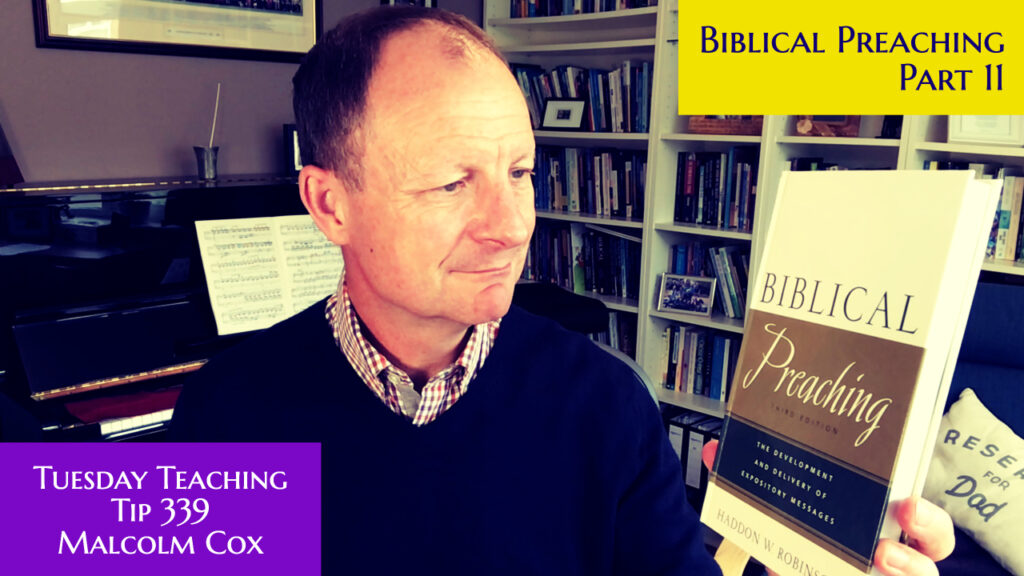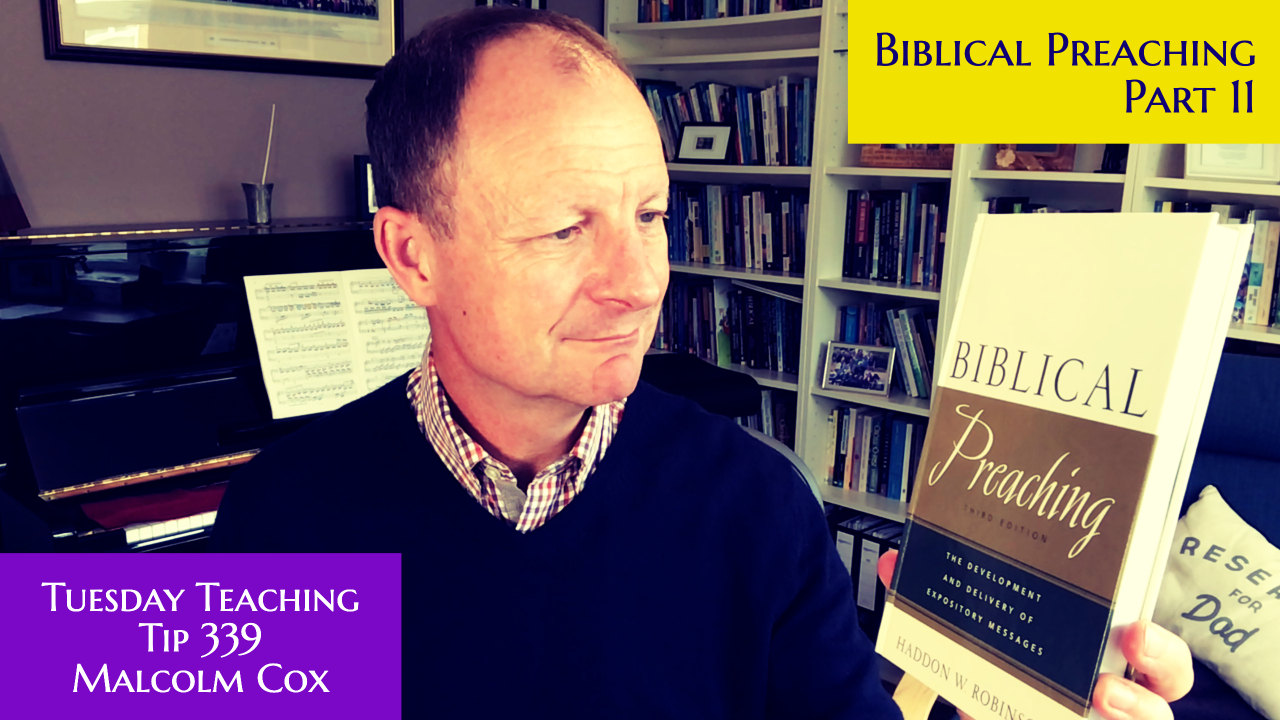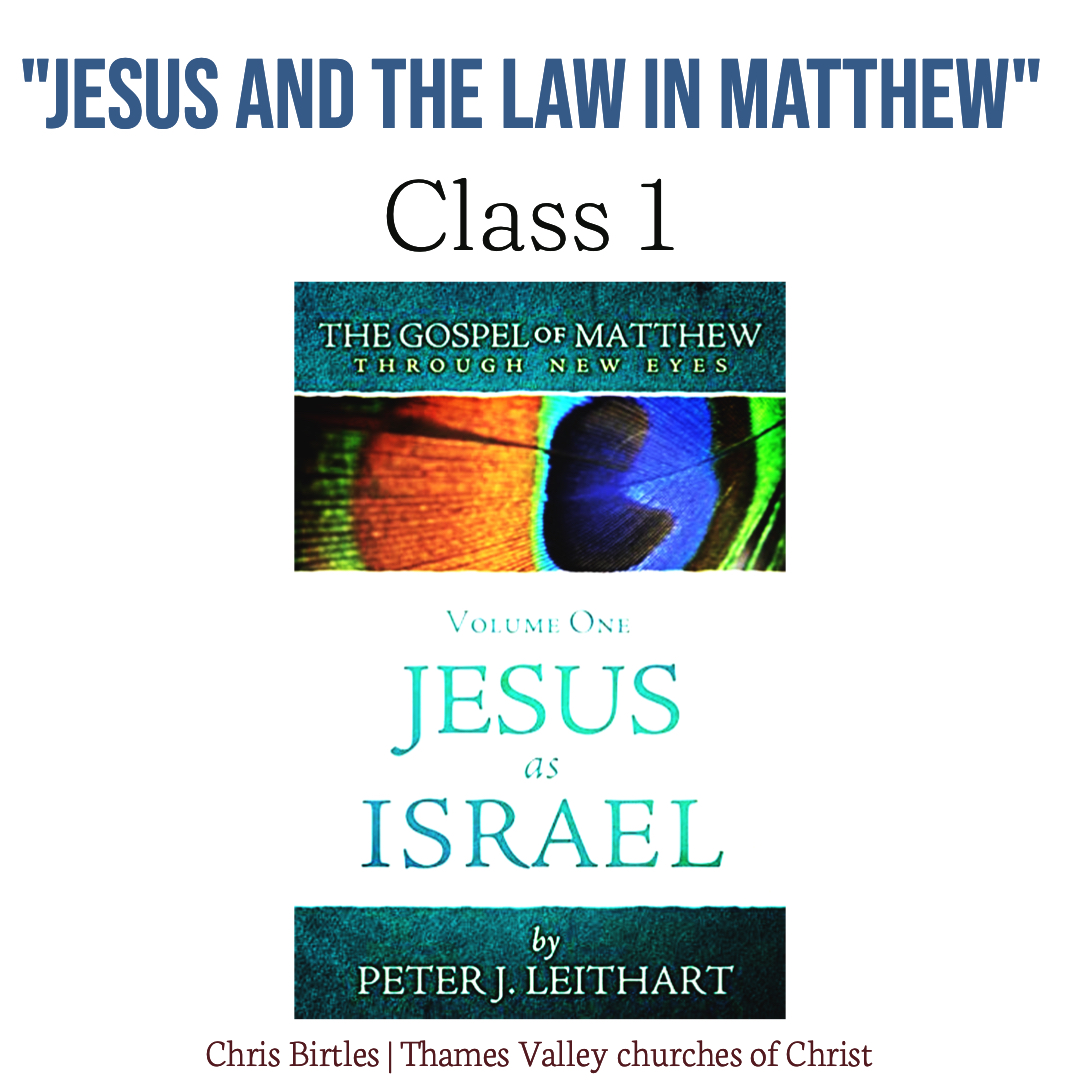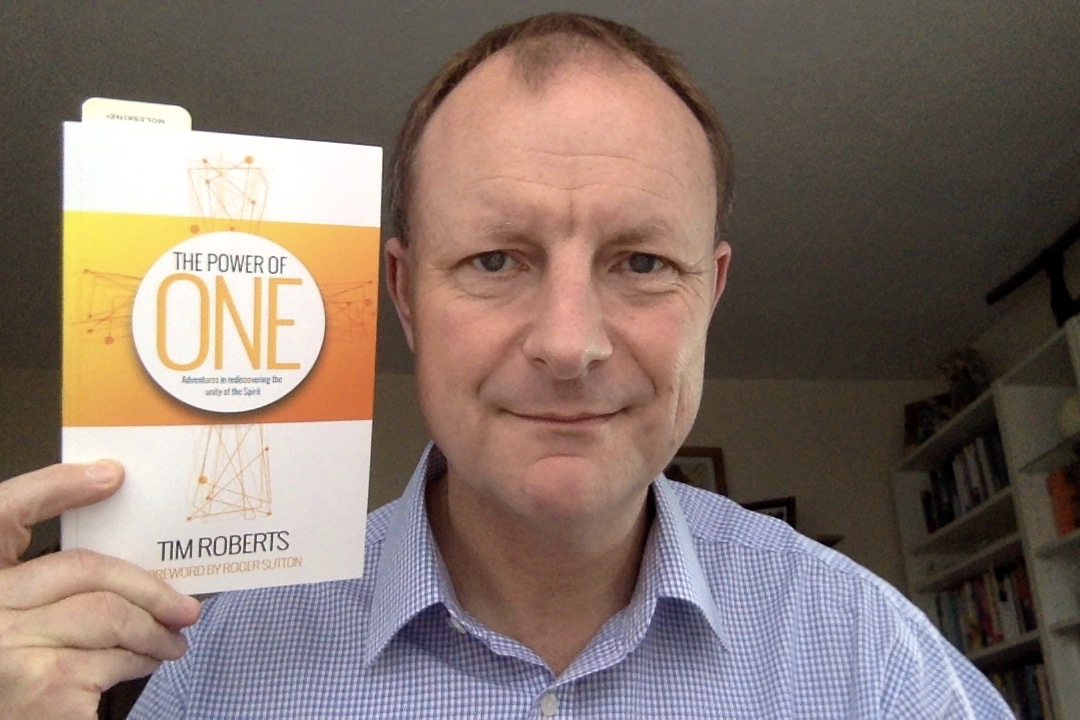
Today we look at the eleventh chapter — ‘A Final Word’. Why are we preaching? Where is the power in preaching? Who are we to believe we can speak for God? As Robinson says in his book, “No one in his right mind who thought about it would ever choose to be a preacher. It’s a commitment to the impossible.” 168
Let’s reflect on this Scripture for a moment…..
“As the rain and the snow come down from heaven, and do not return to it without watering the earth and making it bud and flourish, so that it yields seed for the sower and bread for the eater,
so is my word that goes out from my mouth: It will not return to me empty, but will accomplish what I desire and achieve the purpose for which I sent it.” (Isaiah 55:10-11 NIV11)
Over 40 years ago I read this section of Isaiah. It spoke to me then, it speaks to me still. I trust it to be true. While not about preaching per se, it does convey the right sentiment about the efficacy of God’s Word.
In the final chapter of his book, Haddon Robinson emphasises the significance of trusting the power of God working through his Word over and above our own insight, skill and experience. What does our confidence rest on?
Where is the power?
“I came to you in weakness with great fear and trembling and my preaching were not with wise and persuasive words, but with a demonstration of the Spirit’s power, so that your faith might not rest on human wisdom, but on God’s power.” (1 Corinthians 2:3–5 NIV11)
Paul is not saying he was incapable of being wise and persuasive — it is clear from the book of Acts that he was — but that he did not depend on such skills. He relied on the Spirit’s power. Many take this to mean the miraculous gifts (charismata) that authenticated his message. It may be there were occasions that this was the case, but I have come to suspect that he meant something else. A more plausible interpretation is that he meant that his listeners had a clear sense of the God-ness of his preaching. In other words, his hearers said to themselves, “The power and wisdom of this message are not human. We are witnessing a divine event. What we are hearing is beyond even the most wise and persuasive speaker – even Paul.”
That is reassuring. Why? Because whatever your stance on whether or not 1st century charismata are available today, the effectiveness of your preaching is not dependent on them. Neither is your skill level, the extent of your speaking experience, or the wisdom you have accumulated. The power of God working through his word is the same today as at any time in human history. That power is moving in our time in all parts of the world where the word is preached. Faith comes from hearing the Word, and when you preach the Word the best you can, faith grows.
What can we say?
- We speak what we believe. Whether we say it well or not, we must speak about what we believe. “In preaching, the preacher is bearing witness to the truth he or she proclaims and staking his or her life on it. “A sermon is an exposition of the apostolic Word in the form of testimony.” Liturgical Theology, Simon Chan. Give the sermon your best, that is all that you can do.
- We both satisfy hunger and create hunger. Do not place a burden on yourself that God does not. You do not have the answer every question, but part of your responsibility is to create curiosity in your hearers so that they will go and research and study for themselves.
- We trust that God is at work. “Christ has a secret passage way into peoples lives that you and I know little about. Give your sermon to him.” 169
Conclusion
Some preachers have limited skills, and others are supremely gifted. However, as Robinson says, “…in the final analysis there are no great preachers. There’s only a great Christ who does startling things when we place ourselves and our preaching in his hands.” 169
Next week we wrap up the series by conducting a review of the previous episodes. Join me for that concluding recording.
Consider joining AIM UK&Ireland to develop your understanding of Scripture: https://aimukandireland.com/. Our current module is Homiletics (the preparation and delivery of lessons).
Contact us here with enquiries: courses@aimukandireland.com
The website can be found here: https://aimukandireland.com
Please add your comments on this week’s topic. We learn best when we learn in community.
Do you have a question about teaching the Bible? Is it theological, technical, or practical? Send me your questions or suggestions. Here’s the email: malcolm@malcolmcox.org.
If you’d like a copy of my free eBook on spiritual disciplines, “How God grows His people”, sign up at my website: http://www.malcolmcox.org.
Please pass the link on, subscribe, and leave a review.
Remember to keep calm, and carry on teaching.
God bless, Malcolm



